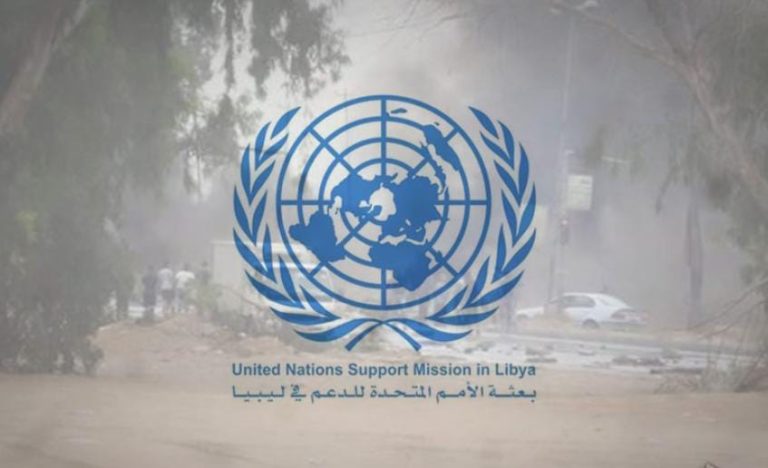Libya Takes a Major Step Towards National Reconciliation
In a significant move towards ending years of political deadlock, the United Nations Support Mission in Libya (UNSMIL) has announced the establishment of a consultative committee. This newly formed body is tasked with drafting proposals for the organization of national elections, a crucial step towards restoring political stability and fostering national reconciliation.
The committee comprises representatives from civil society, political groups, and tribal leaders, all of whom face the complex challenge of addressing the key obstacles that have hindered Libya’s electoral process. These include disputes over the legal framework, the distribution of powers, and the composition of the High Court of Justice—issues that have long stalled progress.
Libya’s last attempt to hold national elections in 2021 was ultimately postponed due to deep political divisions, highlighting the urgent need for an inclusive and credible electoral process. A transparent and well-structured election is seen as essential to restoring the rule of law, strengthening institutions, and paving the way for lasting peace in the country.
The international community has taken a keen interest in these developments, recognizing the importance of a stable Libya for regional and global security. While the formation of the consultative committee is a positive step, the road ahead remains fraught with challenges. The success of this initiative will depend on the willingness of Libyan political actors to engage in meaningful dialogue and compromise, as well as the continued support of international stakeholders.
Despite these challenges, the establishment of the consultative committee represents a beacon of hope. If Libyan leaders commit to the reconciliation process and international support remains steadfast, the country may finally be on the path to a stable and unified future.
N.A
-

South Africa Confronts Funding Gap as US Withdraws Support for World’s Largest HIV Program
Edited By: Safae FathiSouth Africa faces a significant challenge as the United States withdraws approximately $427 million in support for... Health -

Gabon’s President Oligui Nguema Slams Rejection of Legislative Candidates
Edited By: Africa Eye Gabonese President Brice Clotaire Oligui Nguema has strongly criticized the exclusion of several candidates from the upcoming... Politics -

Libya: Delayed Municipal Elections Finally Held in Seven Northwestern Towns
Edited By : Tendai Zola Libyans in seven municipalities in the country’s northwest were finally able to cast their votes on... Politics -

Africa: Fight for Justice Over Bolloré’s Ports Empire
Edited By: Fatimatou babdinA coalition of African civil society groups has launched a landmark legal battle in Paris, seeking accountability... Economy -

The Fight to Bring Africa’s Art Home
Edited By : Widad WAHBIFor over a century, thousands of African artifacts, including masks, statues, and royal thrones, were taken... Video -

Bijagós Islands: A Hidden Cultural and Ecological Gem Emerges from Obscurity
Edited By: Fatomatou konèOff the coast of Guinea-Bissau lies the Bijagós Archipelago, a scattering of more than eighty islands where... Chosen for you

 Follow the latest news on WhatsApp
Follow the latest news on WhatsApp  Follow the latest news on Telegram
Follow the latest news on Telegram  Follow the latest news on Google News
Follow the latest news on Google News  Follow the latest news on Nabd
Follow the latest news on Nabd 


















